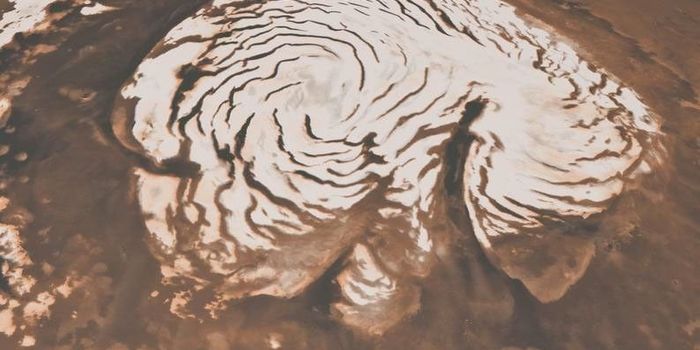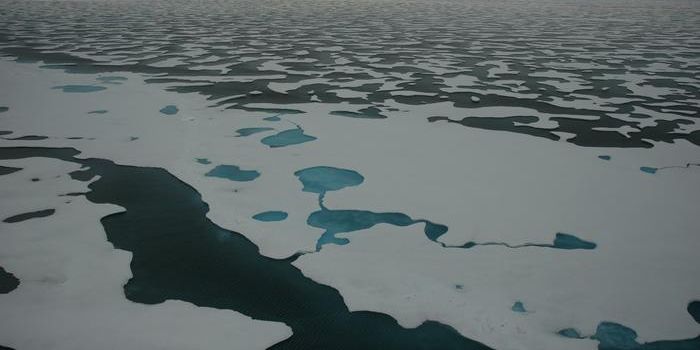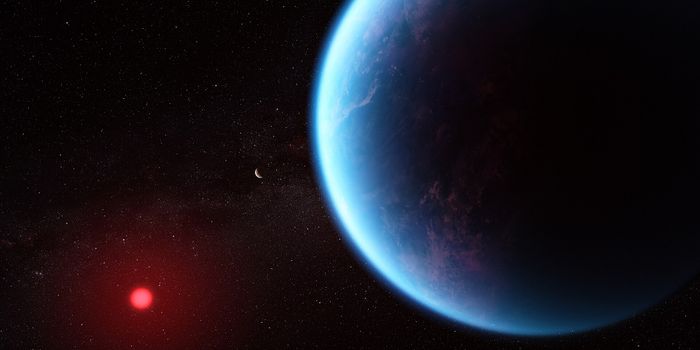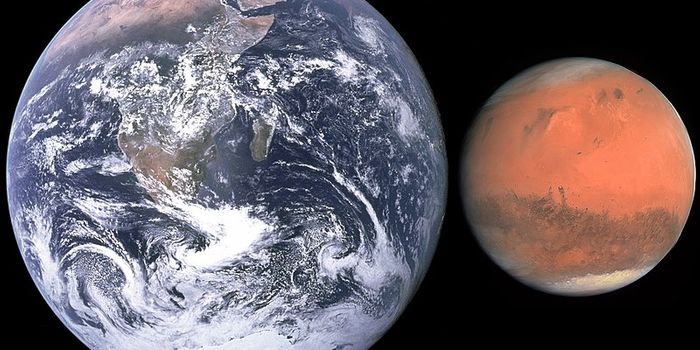Could Earth's Microbes Help Us Find Extraterrestrial Life?
As scientists are learning more about microbes existing in the higher echelons of the Earth's atmosphere, they are becoming increasingly curious about how similar life may thrive on other planets.
"We humans really are bottom-dwellers underneath an ocean of atmosphere above our head, and we really don't know where Earth's biosphere boundary stops at extreme altitudes," says David Smith, from NASA's Ames Research Center in California. "It seems just about anywhere we sample with NASA aircraft and balloons, we find signatures of microbial life."
Microbes tend to reproduce on the Earth's surface before being swept up into the atmosphere, where they continue to exist amid certain challenges. Those at the lower troposphere, for example, are at risk of drying out- something that clouds, acting as mobile water hotspots, help to prevent. At the stratosphere, however, in the absence of clouds, conditions are harsher. Drier and more acidic, microbes typically need to hunker down into a dormant state while there.
How long microbes stay intact while in various parts of the atmosphere, and whether they do anything meaningful in terms of activity, growth, or reproduction, is still unknown. Nevertheless, given their ability to survive there, scientists are curious whether assessing atmospheric life on Earth may help us understand whether it can exist elsewhere in our Solar System too.
Whereas Earth's surface is a bountiful haven for microbes to thrive before venturing into the atmosphere, other planetary surfaces are often more hostile and may be unable to nurture microbial life in the same way. For such planets, life would thus have to remain in the atmosphere permanently. For this to be the case, they would need to be able to reproduce.
"A challenge to life that is unique to life in the atmosphere is that because you're floating, you're constantly losing some of your life that is up there, just to gravitational settling over time," says Diana Gentry, a research scientist at Ames. "In order for life to be able to persist long-term in an atmosphere, it has to be able to reproduce fast enough to make up for those losses."
On top of reproduction, microbes would also require a sufficient water supply. Whereas the Earth has clouds made from water vapor, other planets' clouds have different, less nurturing compositions. The clouds of Venus, for example, are sulfuric acid, while those on Mars are primarily carbon dioxide.
This isn't to say that other sources of water may not exist. For example, researchers recently suggested that there may be liquid droplets between 30 and 37 miles from the surface of Venus that could act as a haven for microbes amid its otherwise acidic and hot environment.
Nevertheless, further research into such possibilities, as well as on whether microbes can reprduce in the atmosphere, will be necessary to best understand the possibility of microbial life on other plants. Such research could both be made from both further investiagting the microbes on and aroundearth, and from future missions to other planets.









